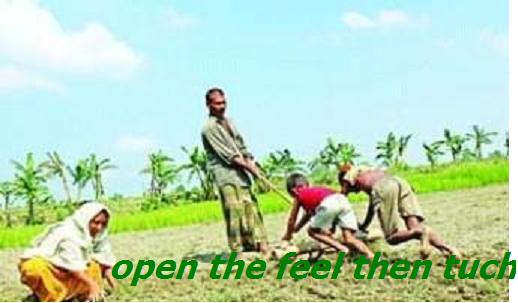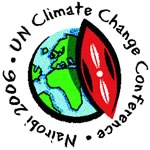 (Source : http://gallery.bangla.ca/dhaka/trafficindhaka)
(Source : http://gallery.bangla.ca/dhaka/trafficindhaka)
The “air pollution” kills nearly 15,000 Bangladeshis
each year according to Mr. Paul Martin, a bank
environmental specialist in Dhaka 2001. This is
released in the World Bank report saying Bangladesh
could save between $200 million and $800 million per year. These amounts translate to about 0.7% to
3.0% of the gross national product if air pollution is
reduced in just four major cities of Bangladesh.
According to Mr. M. A. Wahed of ICDDR-B; large number of children, homeless street children, local
streetwalkers, and rickshaw pullers in the city of
Dhaka pose a definite threat to the air pollution. Young
children are mostly exposed to cadmium (Cd) th
rough inhalation of smoke and contaminated soil
including dust from the industrial emission and sewage sludge.
The high concentration of lead (Pb) in the environm
ent from variety chemicals including gasoline, paints,
ceramics, batteries, pigments, etc. h
as also been the factors to increase th
e risk of the polluted air. A study
found that lead in the human blood was very high. This is at the toxic levels causing lead poisoning in the
children presenting with psychomotor
delay and behavioral problems.
An on-line forum called South Asia in 2001 mentioned
that 6.5 million people in four large cities of
Bangladesh suffer each year. Another at least 8.
5 million cases have been observed with minor illnesses
that did not require severe treatment. The major disease
in Bangladesh is not diarrhea as often perceived.
In reality it is acute respiratory infection caused
mainly from the polluted air according to South Asia,
2001. Automobiles referring to the auto rickshaws,
trucks, and buses some 35% is related to fine
particulate matter and about 48% to hydrocarbon main
ly generated by the vehicles with two-stroke
2 engines (using a direct mix of engine Mobil oil and petr
ol), particularly by baby taxis, tempos, and motor
cycles), industrial emissions, bad civic practices and poor government services are some of the factors
causing polluted air in the environment of Bangladesh
. South Asia mentioned in 2001 that the bank gave
Bangladesh $4.7 million in July 2000 to fund air quality
management project. It also supported a program
to train drivers how to reduce emissions. However,
the ultimate result is not ascertained with positive
outcome for the people.
According to the P



You must be logged in to post a comment.